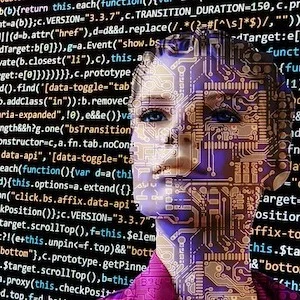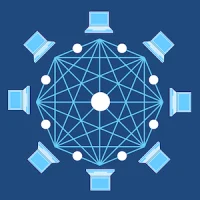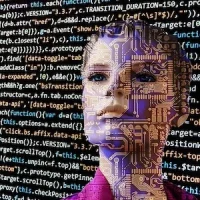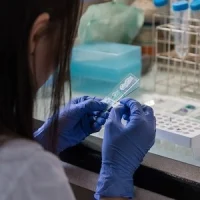Data forms an important part in clinician decision-making. This is one reason electronic health records serve as a useful and easy-to-access source of patient data and other information needed by care teams. How to make the most of valuable patient data in EHRs and put it to work for better personalised care will require more advanced technologies, according to New Zealand-based tech expert Kevin Ross.
Specifically Ross cites two areas in healthcare where artificial intelligence (AI) and machine learning will play an ever increasing role: generating data and processing data. The digitisation of health records makes them readily accessible for analysis but, as Ross points out, there are now huge volumes of data being generated from a variety of sources. "We've had insufficient computational power to process the volume of data in a genome, let alone a microbiome, etc. until fairly recently," he says.
You might also like: Machine learning proving worth in readmission risk prediction
Ross is general manager at Precision Driven Health, which is a partnership between Orion Health (where he is director of research) and government agencies and academic organisations in New Zealand to explore and promote precision medicine. He sees AI and machine learning as key to developing new technologies and data strategies for precision medicine. Medical research has traditionally come through "targeted studies on narrow subsets of the population," he explains, "now we can analyse over large populations in relative real time, because the data is being collected digitally. New knowledge will come about by applying machine learning to these increased data sets to uncover patterns that are occurring today without being noticed."
In New Zealand, for example, connected electronic healthcare data across the country's population and leading-edge research organisations serve to underpin the development of new approaches for the advancement of personalised care. The country also has these other important advantages:
- Linked data between social services (health, education, justice, welfare, tax) available for research purposes
- A single payer system whereby the incentive of patient, provider, and system are typically well aligned (eg, early intervention benefits all)
- Willing collaboration between commercial and public provider organisations as well as between clinical and data science researchers
- A small population (fewer than 5 million people) relatively comfortable with technology and with broad access
Looking into the future, Ross expects AI-enabled EHRs to pave the way for precision medicine's fast evolution. "Machine learning can be used to aid intensive tasks such as processing large data sets for genomics, image processing or network analysis, as well as finding anomalies – such as for diagnosis or fraud detection – and identifying cohorts," he said. "There are interesting applications in maintaining records such as matching data from different systems, inferring missing data elements."
For health systems and hospitals that have already begun AI implementations, Ross has this advice to ensure they're making the best use of machine learning in their workflows: Design systems with a view to interoperability and data sharing. "Use standards, build tagging into systems. And make it easy for patients to control the use and sharing of their data, and see the benefits from it," he adds.
Latest Articles
Healthcare, machine learning, EHRs, New Zealand
Data forms an important part in clinician decision-making. This is one reason electronic health records serve as a useful and easy-to-access source of pat...










